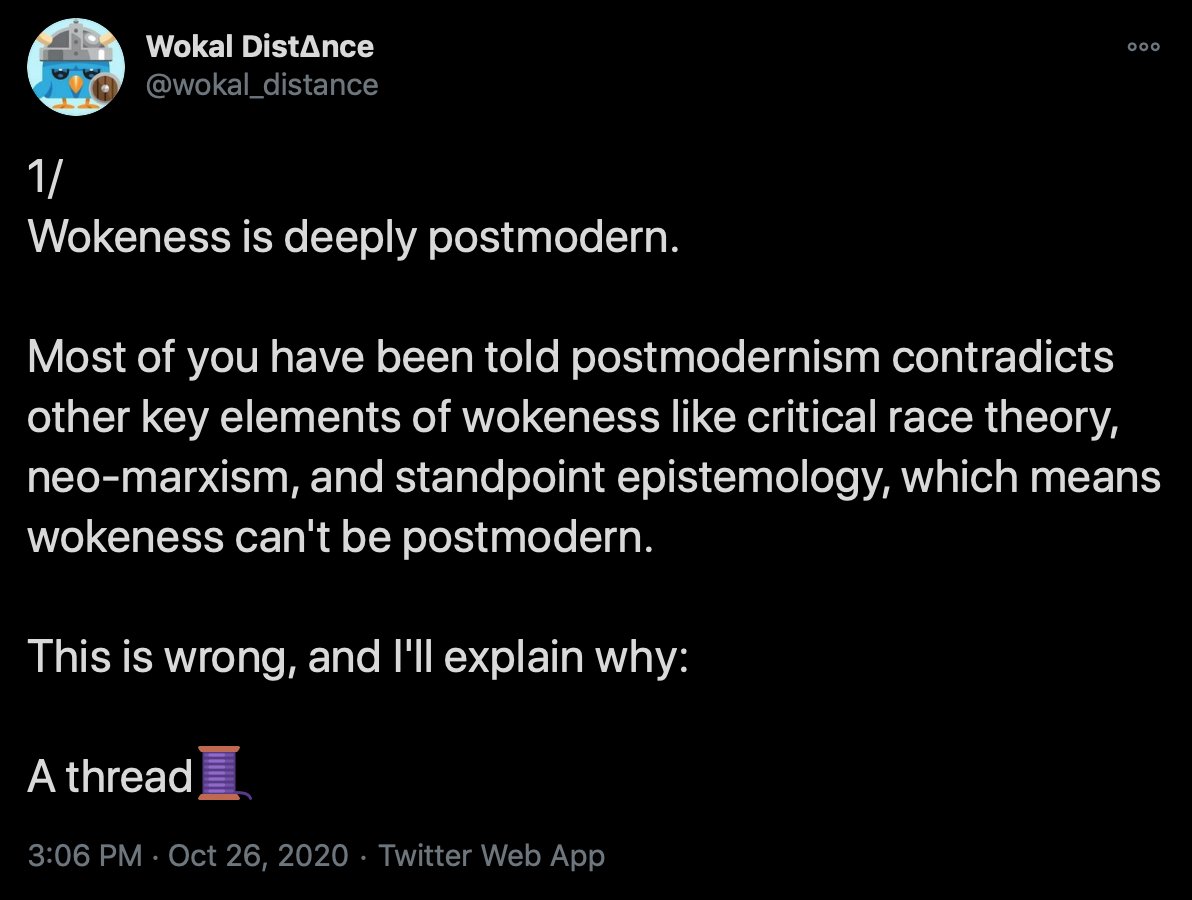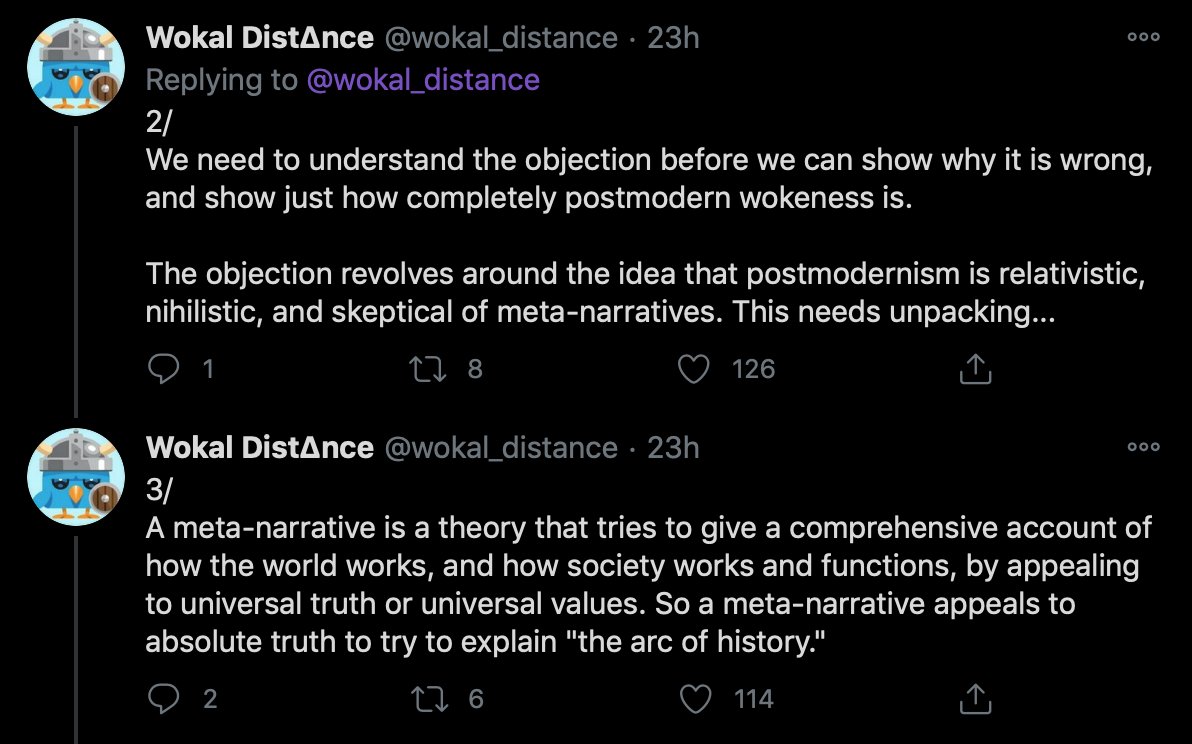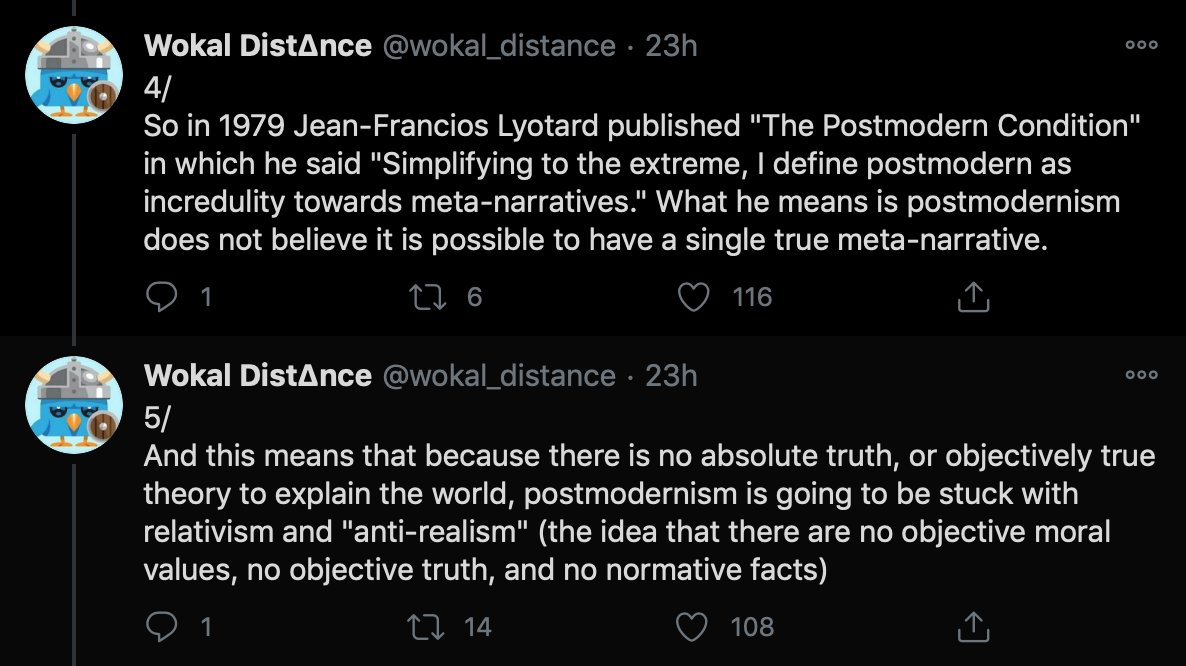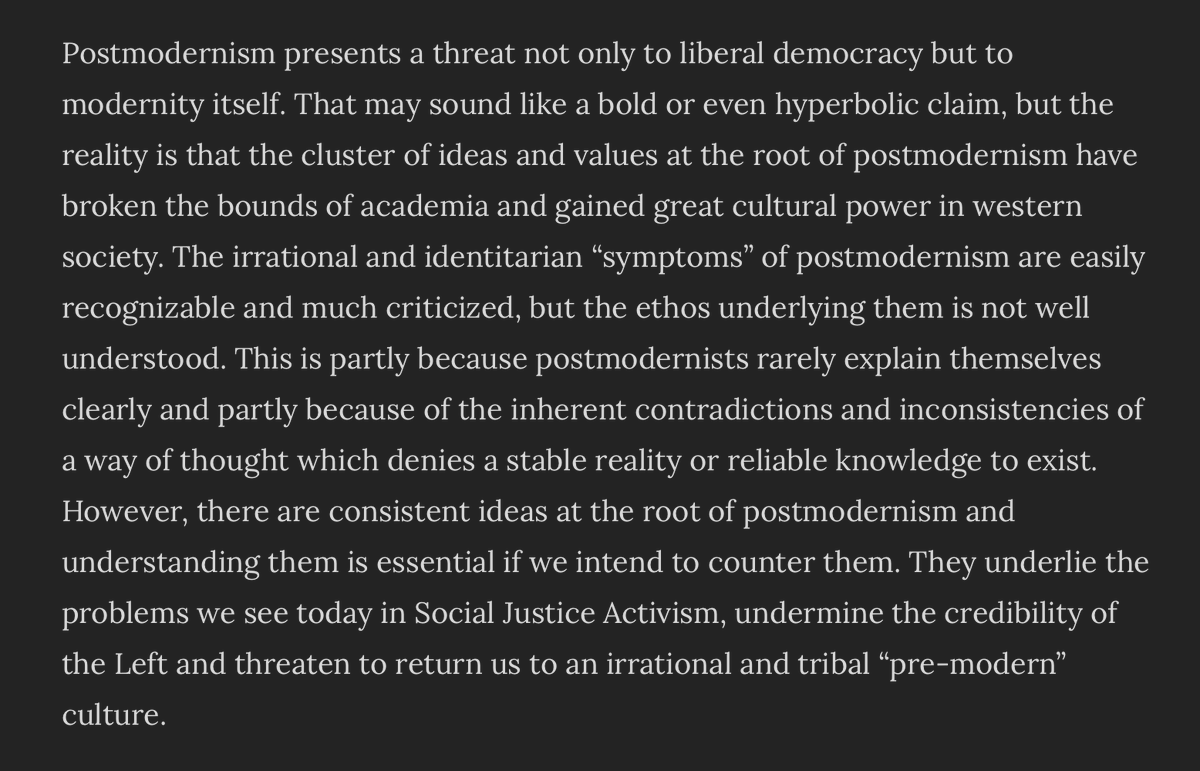
THREAD ~ Charles Mills v. “Master’s Tools”
This strategy—the “master’s tools” must be abandoned/destroyed—can be applied at will to generate a new radical thesis, e.g. OP’s “black people can’t be healthy.” Mills (2009) gives us compelling reasons for resisting this rhetoric. 1/
This strategy—the “master’s tools” must be abandoned/destroyed—can be applied at will to generate a new radical thesis, e.g. OP’s “black people can’t be healthy.” Mills (2009) gives us compelling reasons for resisting this rhetoric. 1/
https://twitter.com/deonteleologist/status/1349351483951566849

Just to address the obvious: Mills technically gets the quote wrong; it should be "the master's tools will never dismantle the master's house." The most they can do is "allow us temporarily to beat him at his own game," Lorde writes. Mills' first critiques are clear & direct: 2/ 

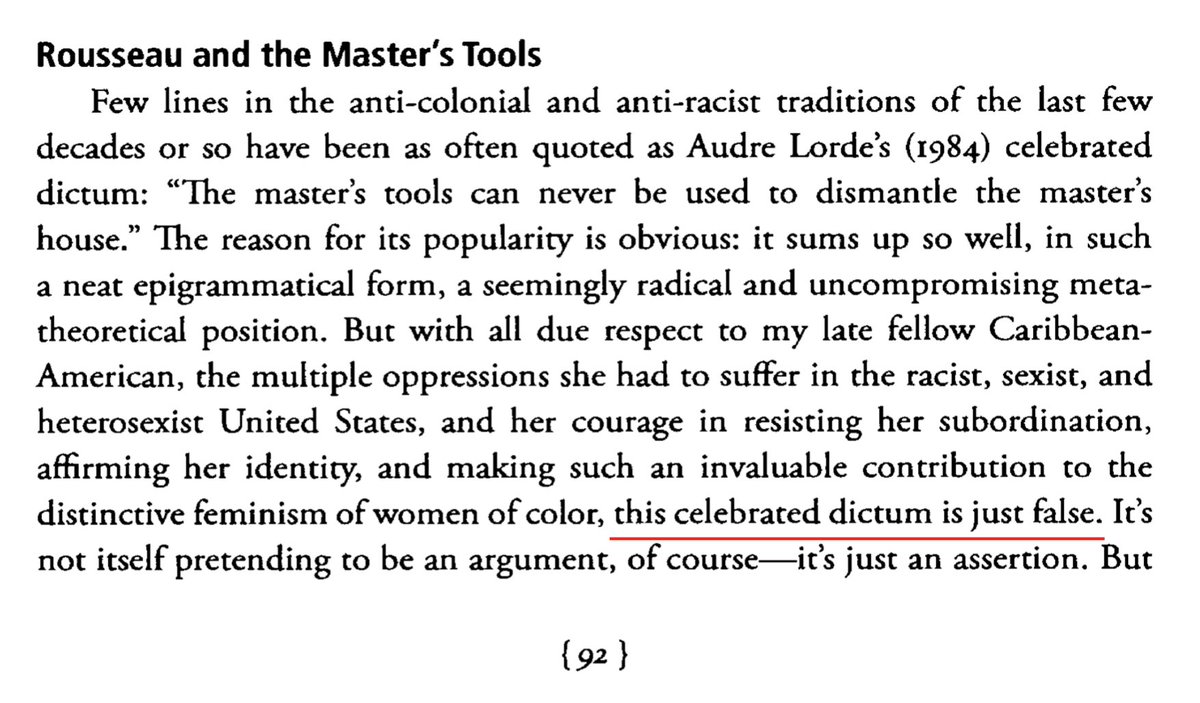

He continues by pointing to the intuitive truth that some of the master's philosophical/conceptual tools will be irredeemably racist or otherwise oppressive--such as, e.g., essentialist racial hierarchies--but some have only been used for evil contingently. 3/ 





As he acknowledged, however, Lorde didn't intend her claim to function as a stand alone argument. So what arguments can be given for such a claim? Mills will go on to identify 3 distinct arguments for the master's tools thesis in Tony Bogues' critiques of The Racial Contract. 4/ 



First is the Bad Intentions argument, which we have already seen in action. Mills' specific response here is that the tools of modern European social contract theory are either not racist, contingently racist or, though invented for racist purposes, redeemable for antiracism. 5/ 



Next is the Weight of History argument, of which I am only giving the more plausible version: liberal discourse is so deeply stained with white supremacy (and/or other oppressive forces) that it needs to actively combat white complicity. But Mills already acknowledges this. 6/ 



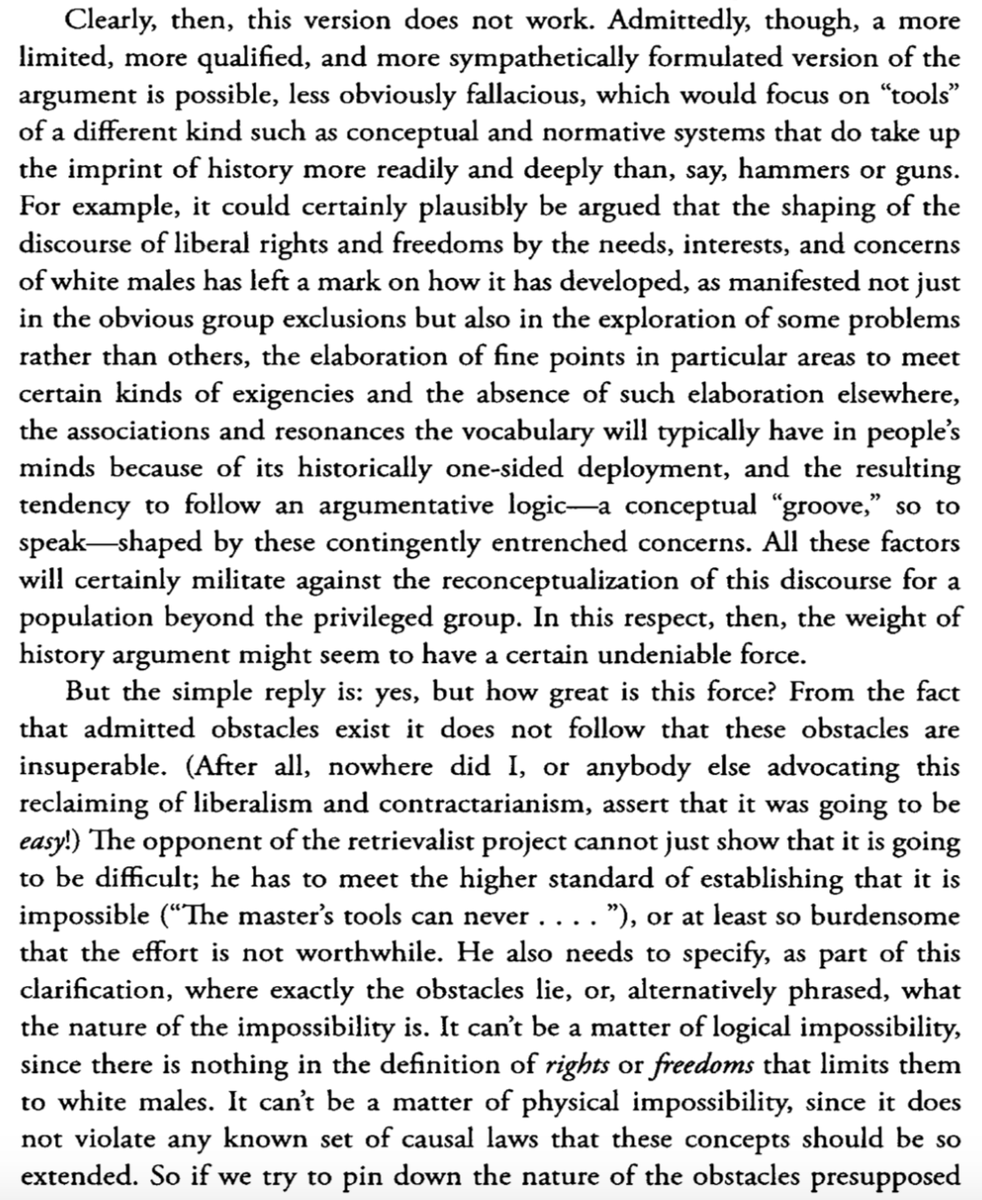

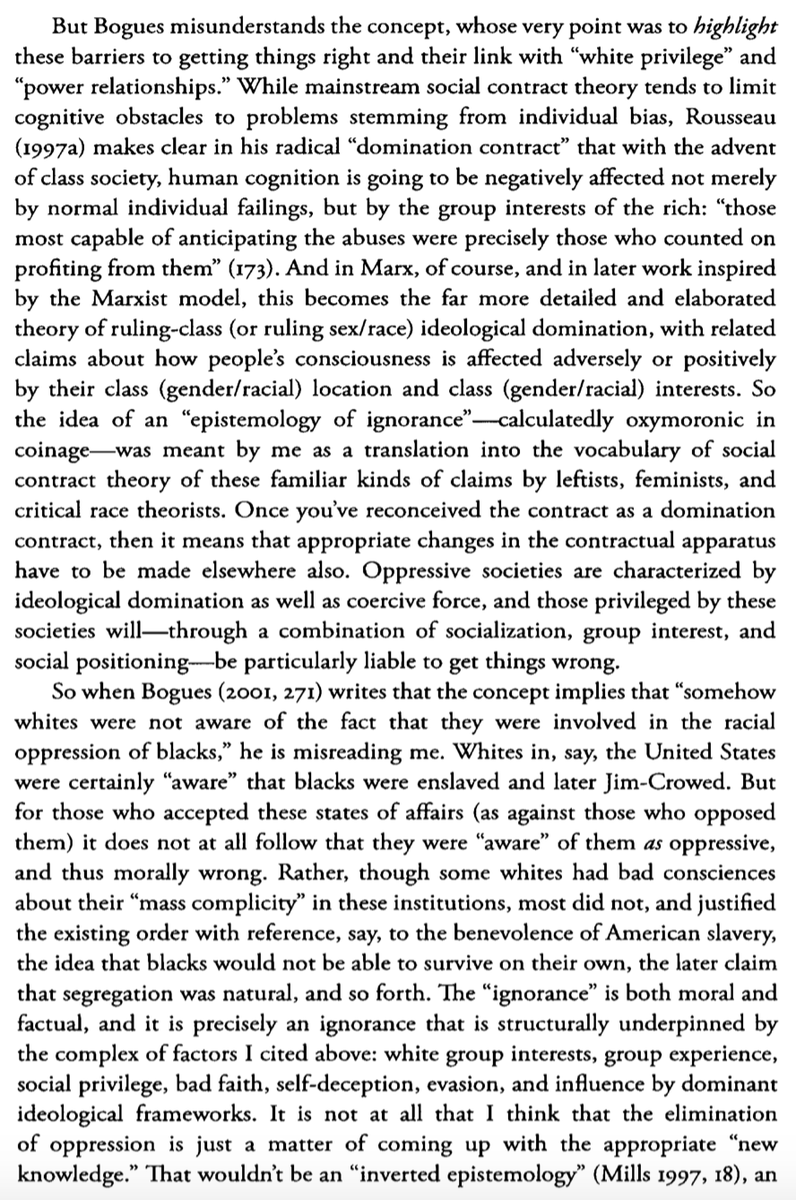
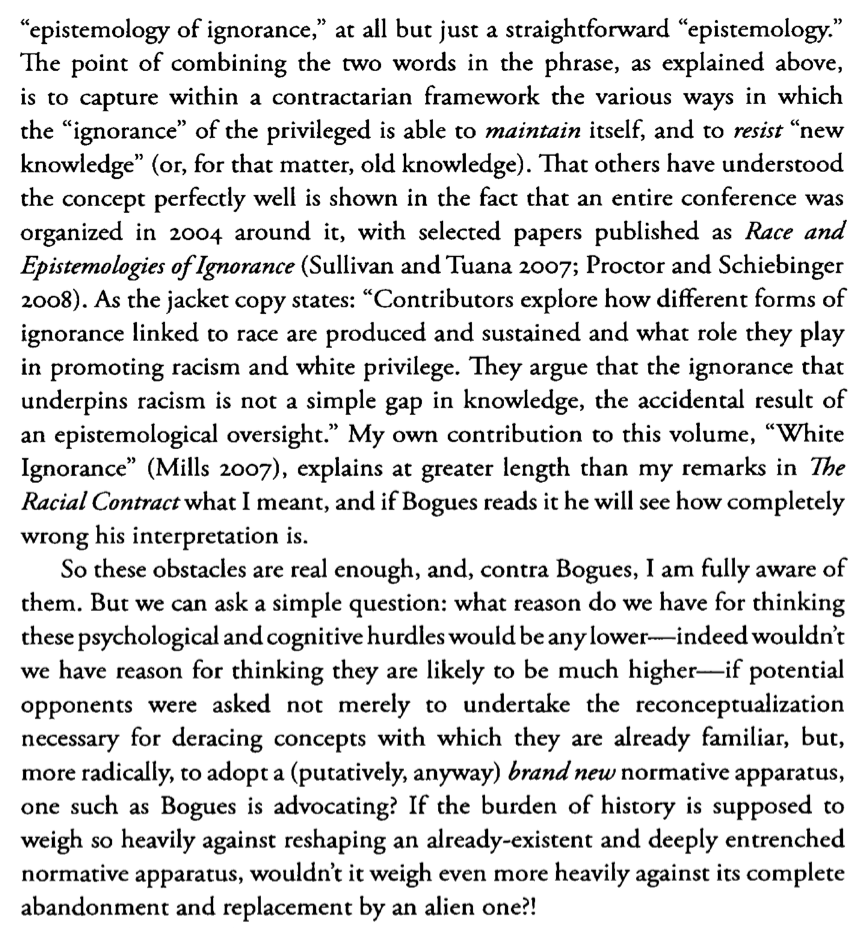
Finally, the most interesting and challenging argument––the Internal Structure argument: the notion that there is something intrinsic to the nature of liberalism and social contract theory that precludes these tools from being used for true progressive or antiracist purposes. 7/ 



Yet again, we find that requesting justification for this premise exposes an argument based on nothing stronger than a kind of dogmatic pessimism. As Mills notes, he's not alone among anticapitalists, feminists, or antiracists in assuming a basic liberal framework. 8/ 

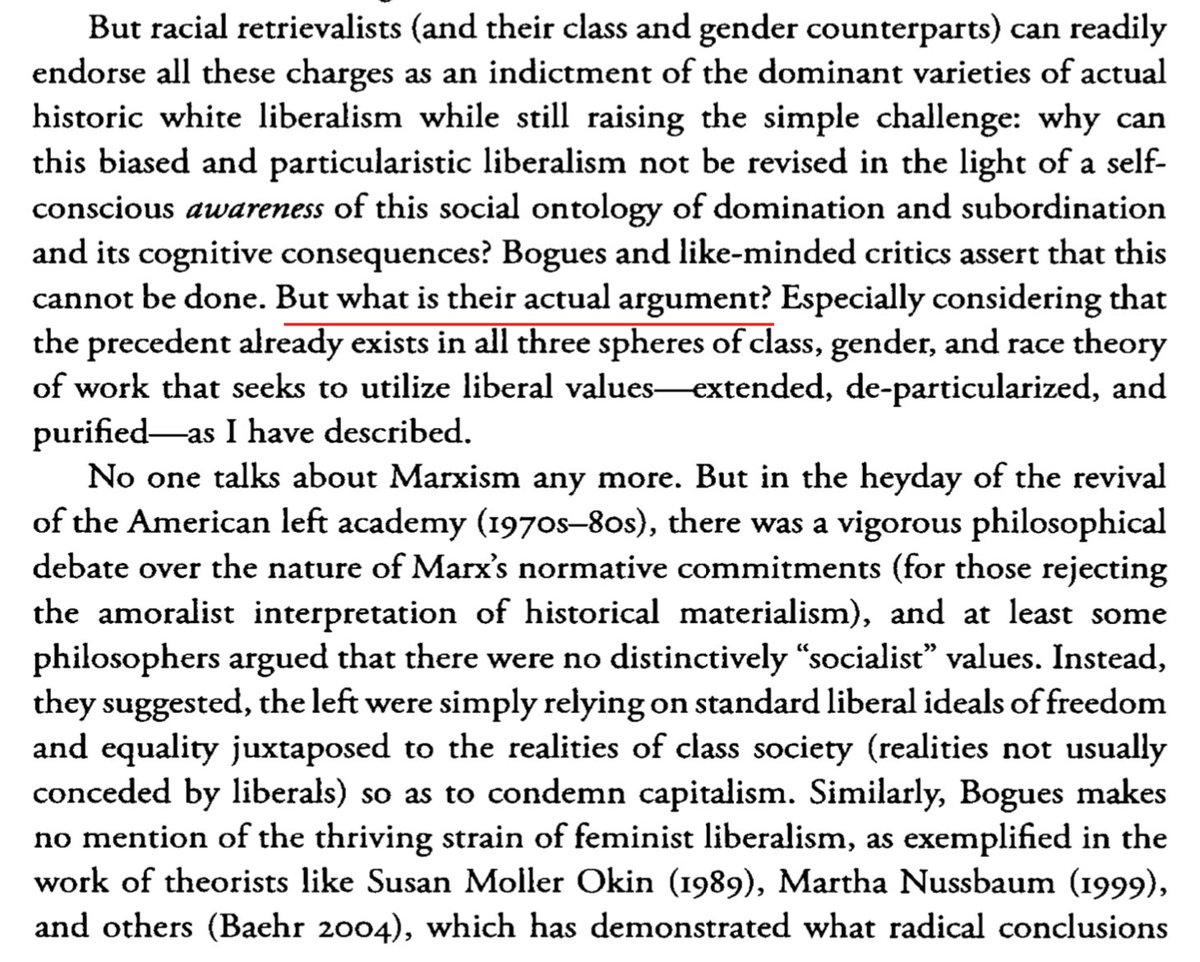

Unless dogmatic pessimism is more justified than commitment to the possibility of serious political progress, there is simply no reason to believe it's true that, taken as a claim about philosophical methodology, "the master's tools will never dismantle the master's house." [fin] 



• • •
Missing some Tweet in this thread? You can try to
force a refresh





